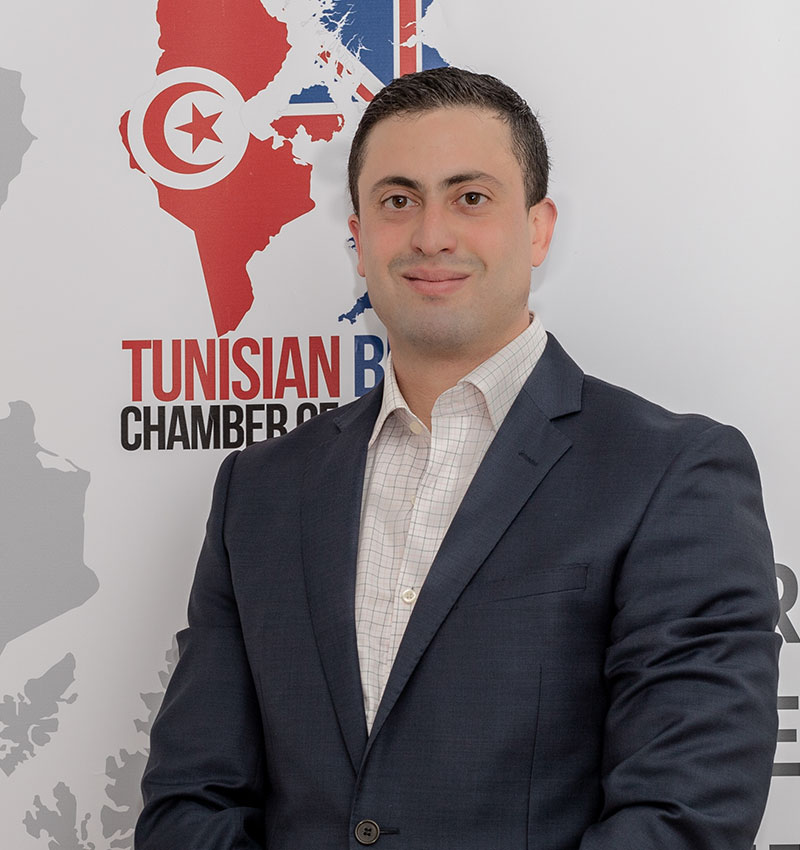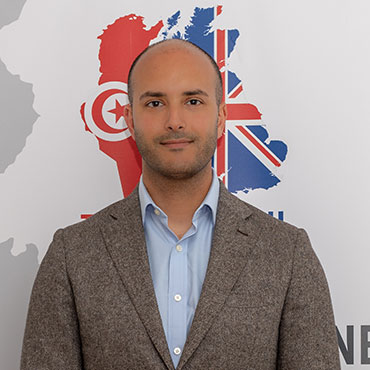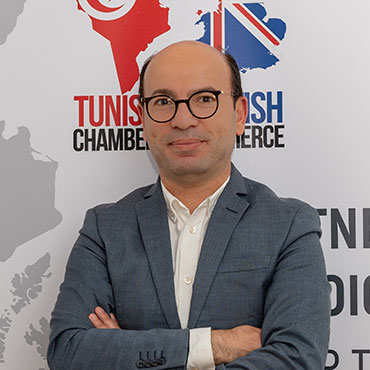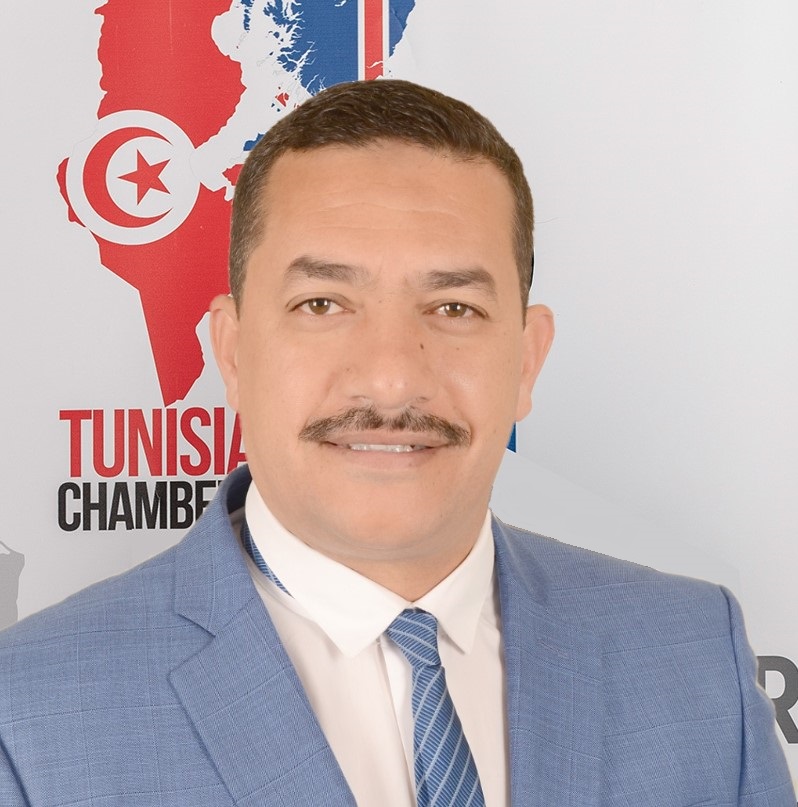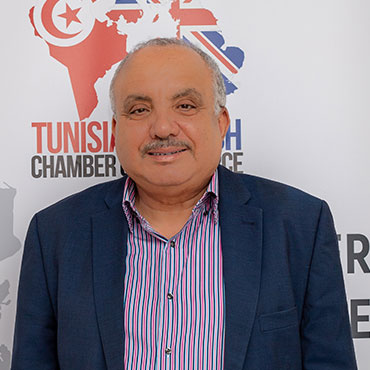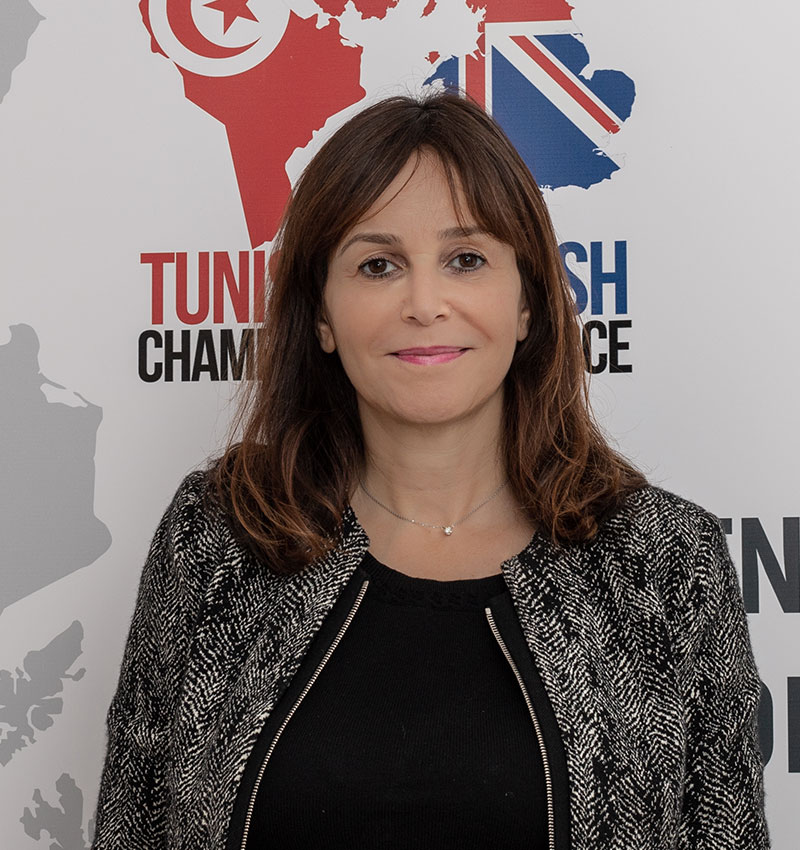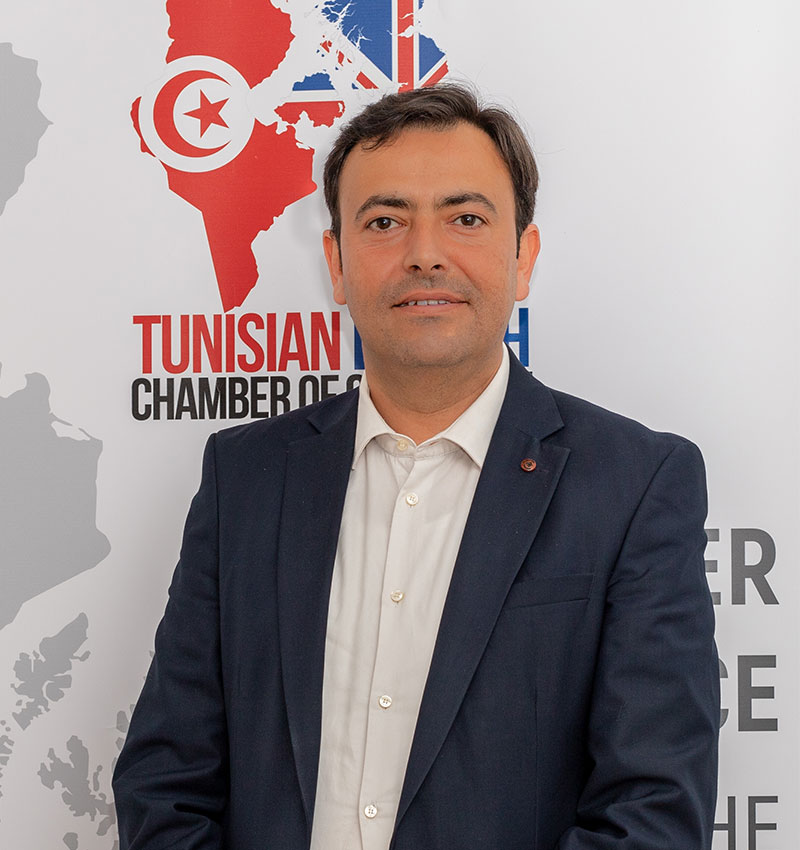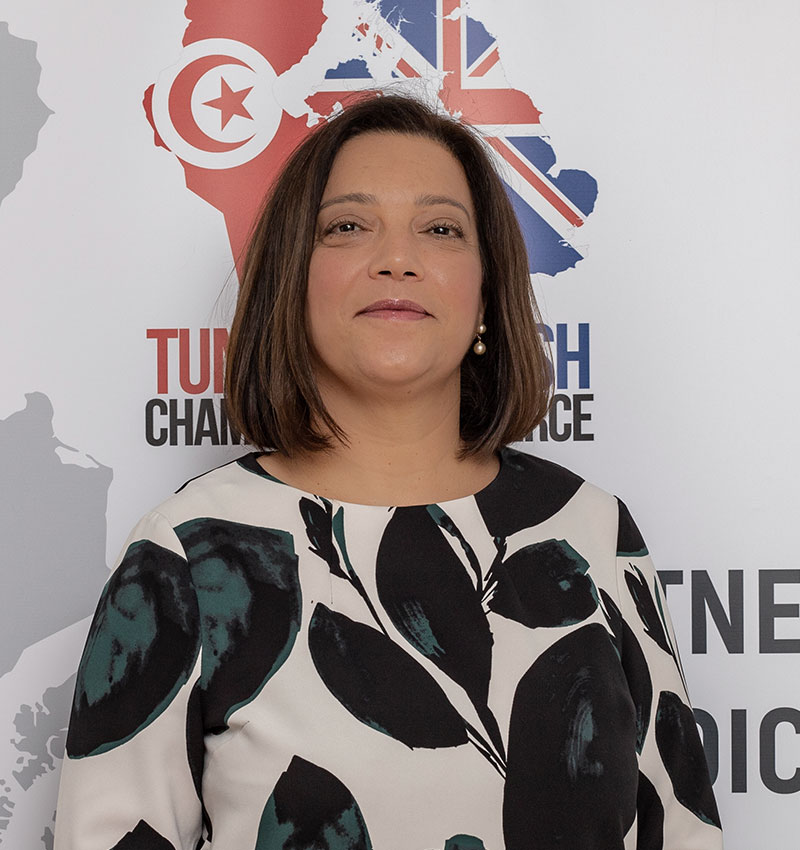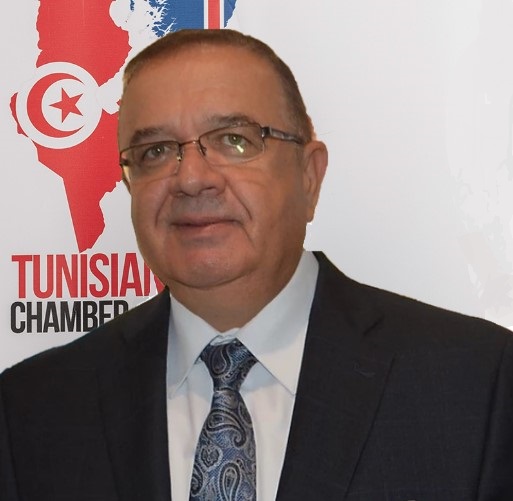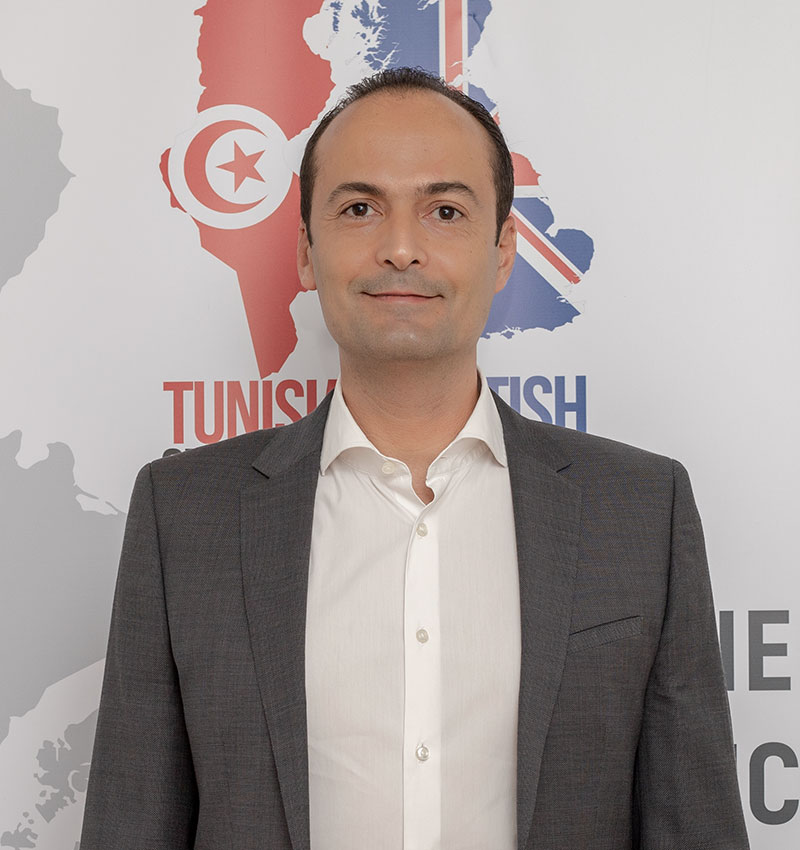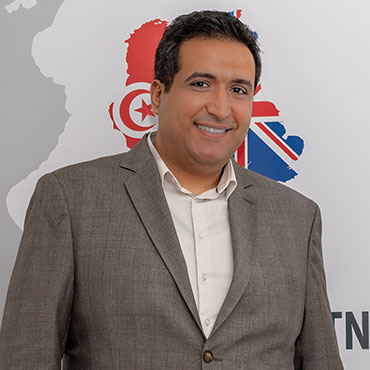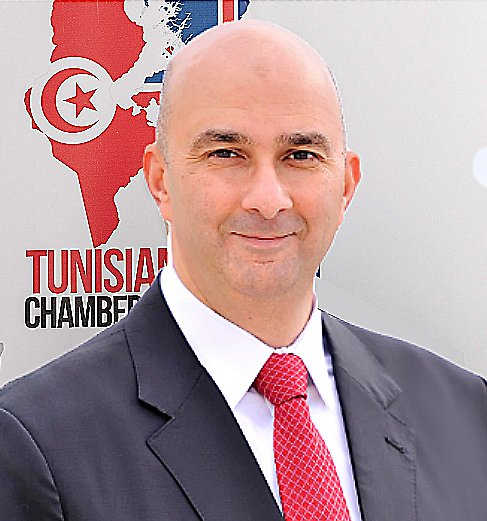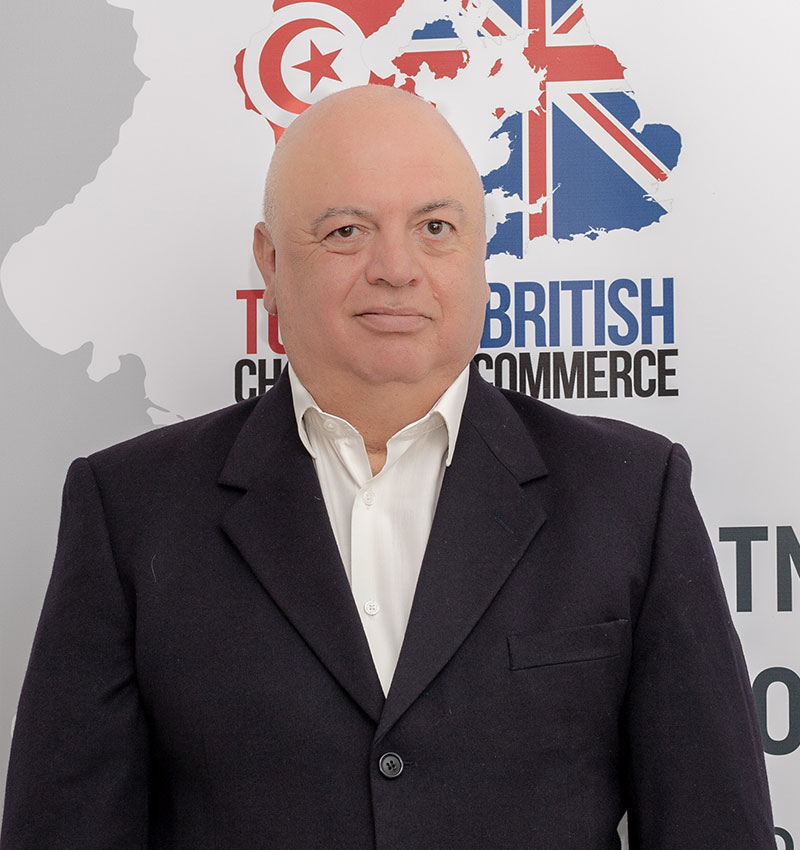
The Tunisian British Chamber of Commerce organized on Thursday 24 November 2016, a breakfast debate under the theme “The 2020 Tunsia Energy Strategy”, with Mrs. Hela Cheikhrouhou, Minister of Mines, Energy and Of Renewable Energies, and with the presence of Mr. Rufus Drabble, Deputy Ambassador of the United Kingdom to Tunisia.
This event, which was the first public debate of the Minister since the approval of the Ministers Council of 2030 Energy Strategy, was also an important opportunity for the many participating companies and guests to listen to Minister’s presentation on the new strategy and to discuss with the her in an open and transparent manner the the energy sector situation.
The morning began with the speech of Mr. Mehdi Ben Abdallah, President of the Tunisian British Chamber of Commerce. Mr. Ben Abdallah recalled that the theme of “Tunisia 2020 Energy Strategy” is one of the most important and strategic subjects for the development of Tunisia.
He gave a brief overview recalling the different energy policies since the independence of Tunisia, while expressing his concern about the current energy situation in the country. He said, “We need a new energy policy, for 2020, 2030, for tomorrow, the one that will enable our children later to build the next steps of future energy policies” insisting on the great difficulties of the sector that “put us in the obligation to get down all together to work to develop innovative solutions and make courageous decisions to ensure a positive visibility of the energy strategy in Tunisia”.
Mr. Ben Abdallah also pointed out that since 1960, every decade has had challenging and difficult times, and it was always thanks to the brave officials and technicians of the national administration, that Tunisia was able to overcome the challenges, and that demonization of the sector must be stopped to allow the decisions making process.
Finally, Mr Ben Abdallah outlined the three areas of work that needed to be worked on as soon as possible, mentioning first the regulatory texts that need to be implemented, second to remove a number of bottlenecks within our system, whether in the field with local communities, or with public structures and enterprises, and finally the international marketing strategy for the promotion of resources and identifying partners and investors.
Mr. Rufus Drabble, Deputy Ambassador of the United Kingdom to Tunisia, reiterated the UK engagement in the development of the Tunisian-British relations in the energy sector and expressed his hope to see the revitalization and resumption of the work of the Tunisian-British Steering Committee for the energy sector, a committee set up in 2004, but which has not met since 2010.
There was also the presentation of Mr. Al Hjaiej, Secretary General of the Chamber, under the theme of the “Challenges of the energy mix for electricity production”, and the presentation of Mr. Mohamed Chaabouni, Coordinator of the energy commission of the Chamber, on “The distribution sector: real challenges and opportunities”.
Minister Hela Cheikhrouhou gave a detailed and concrete presentation of Tunisia’s new energy strategy. While acknowledging the difficulties of the current situation, she highlighted the government’s will to engage all the necessary worksites to succeed in the mission and to implement this new vision.
Mrs Cheikhrouhou outlined the three main areas of the new strategy, which can be summarized in the restoration of fossil energy reserves for an energy independence, energy transformation and transportation, and finally the strengthening of all electricity generation capacity by working on energy efficiency.
Ms. Cheikhrouhou developed several other important themes, such as the restructuring of ETAP, the adaptation of the Hydrocarbon Code to Art 13 of the Constitution, Improve the ability to hold dialogue with the private sector, Non-conventional studies, GNL import studies, refining strategy and storage capacity, renewable energies with an emphasis on solar energy, and transport of oil products.
The Minister also wanted to mention the issue of corporate social responsibility and the importance for companies in the energy sector to develop adequate programs in the regions where they operate.












